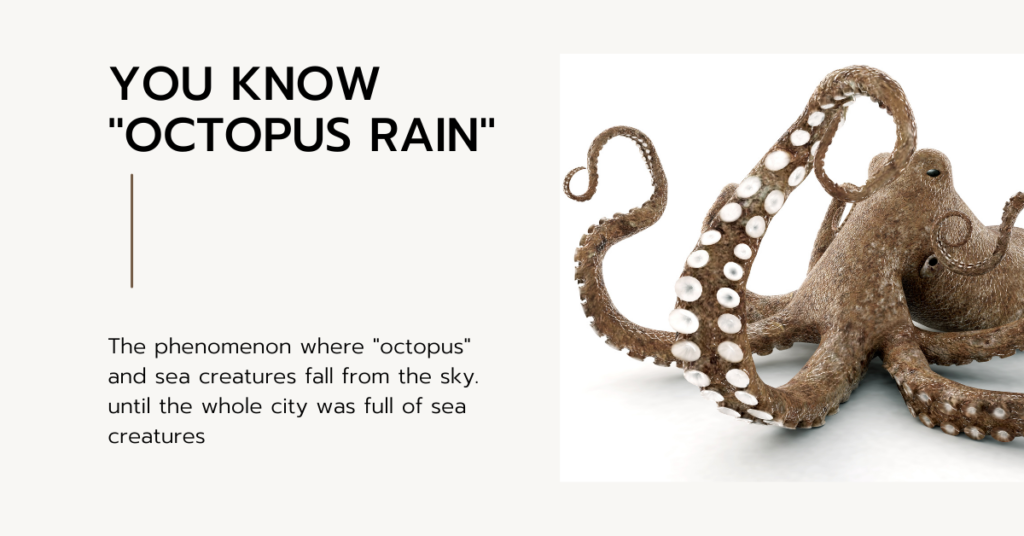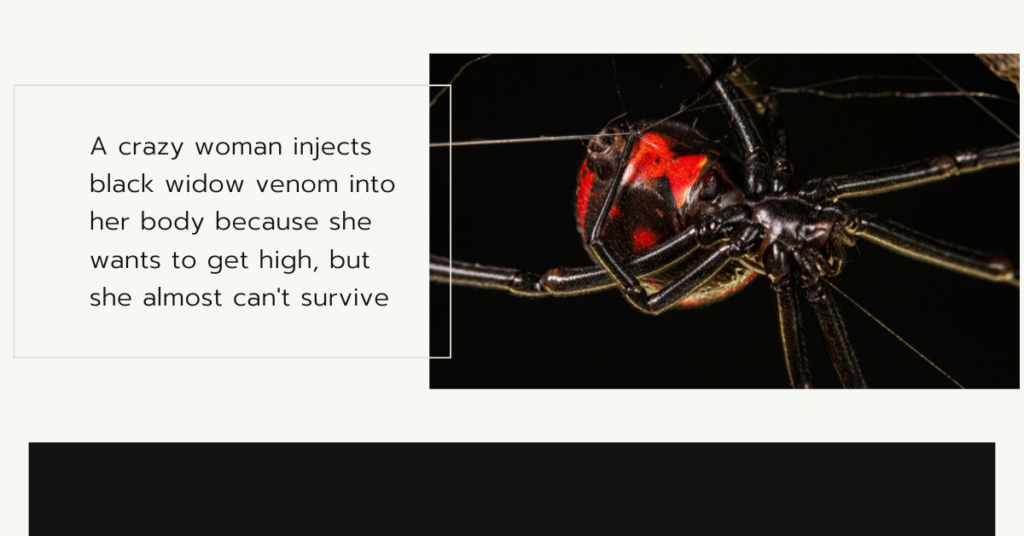the story
A lady in Australia was bitten numerous times earlier this month by a blue-ringed octopus, the world’s deadliest octopus and one of the most dangerous creatures in general. She did, however, survive to tell the story, in what seems to be a pleasantly happy conclusion.
On March 16, a lady was swimming at a beach in New South Wales when she picked up a shell from which a little octopus fell, according to NSW Ambulance. The lovely cephalopod then bit her twice in the stomach, causing her abdominal discomfort.
The paramedics put pressure on the bites and used a cold cloth before taking her to the hospital to get more care and watch for more signs.

“We don’t get many calls about blue-ringed octopus bites, but they are very dangerous,” Inspector Christian Holmes said in a Facebook post.
According to the Ocean Conservancy, their poisons are 1,000 times more potent than cyanide and have the potential to kill 26 persons in minutes.
The blue-ringed octopus, with an average body size of 12 to 20 centimeters (5 to 8 inches), is tiny yet lethal, due to a very toxic poison it can envenomate assailants – or inquisitive hands – with.
it’s venom
Tetrodotoxin may be present in a variety of fish species, including puffer fish, as well as frogs, shellfish, and, of course, octopus. It is a very toxic neurotoxin generated by symbiotic bacteria in the salivary glands of animals. When a blue-ringed octopus bites you, the venom inhibits nerve impulses in your body, causing muscular numbness as well as loss of eyesight, other senses, and motor abilities.
In the end, it can cause paralysis, which can spread to the muscles that help you breathe and stop your breathing. The Centers for Disease Control and Prevention say that death can happen anywhere between 20 minutes and 24 hours after contact, and there is no known way to stop it.

Thankfully, the small cephalopods are not aggressive; they only bite in self-defense, such as when confronted or handled by a human. Consequently, both attacks and fatalities are uncommon.
However, there have been a few really close calls. When visiting Bali in 2021, a lady recorded a TikTok of herself clutching a blue-ringed octopus without realizing it. A similar tale, however, circulated on Reddit in 2019 when an Australian visitor faced certain death while touching this very dangerous marine animal.


